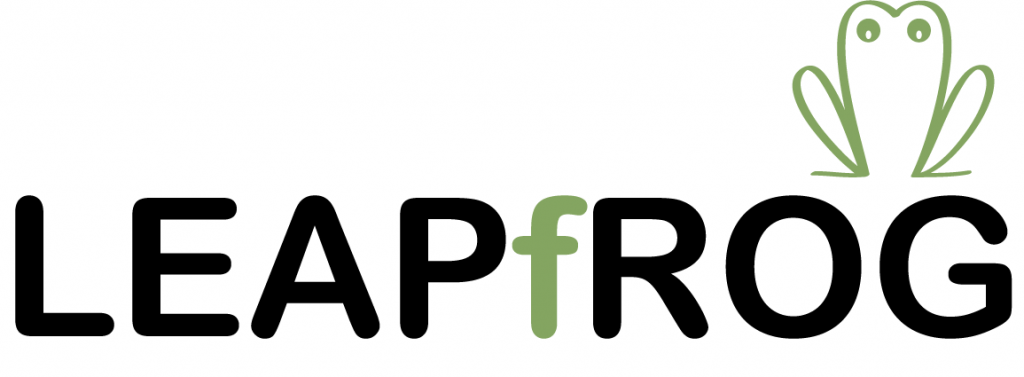
News
17-10-2024
Medication use can lead to acute kidney injury. Approximately 30% of the acute kidney injuries could potentially be prevented by changing the medication. We would like to increase the knowledge on drug-induced acute kidney injury. Therefore, we collected existing knowledge on 63 drugs with acute kidney injury potential from various sources (i.e. (bio)medical expert consensus literature, spontaneous report databases, drug information databases, NephroTox website) and integrated these into one novel, comprehensive resource. In our resource, antivirals, antibiotics, and non-steroidal anti-inflammatory drugs are highly associated with acute kidney injury. Want to read more? Check our article in Drug Safety:
10-06-2024
Today, a researcher of the LEAPfROG team conducted an interview with two kidney patients. Both interviewed patients have a long history of treatment for their kidney problems, including dialysis and multiple transplantations. Their story is impressive and inspiring. This publication is a short summary of the interview with the answers combined, anonymously, to preserve the privacy of the interviewees.
Can you shortly tell something about yourself and your medical history?
I suffer from a kidney disease since I was a teenager/young adult. Focusing on lifestyle and a strict diet, dialysis could be postponed. Since then, the treatment has included multiple medications (350,000+ pills and injections!), dialysis, and several kidney transplantations. At the moment, both patients have a donor kidney of around 5 years and more than 10 years.
How many chronic medications are you using?
I use a combination of 3 medications which suppress the immune system to prevent kidney rejection: prednisolone, tacrolimus, mycophenolate mofetil / azathioprine. In addition to these, I use 4-7 other chronic medications, including blood pressure drugs and a stomach protector.
What are your experiences with your medication use?
I have many complications, next to my kidney disease. It is difficult to distinguish whether these problems are drug-related, problems due to the kidney disease or for example age-related. Two are clearly drug-related: “I suffer from skin cancer due to the immune suppressive drugs.” and “tacrolimus use has let to a decline in function of a previous donor kidney”.
In what way do you expect that LEAPfROG can contribute to the healthcare of the future?
The results of the LEAPfROG study would ideally lead to advices on an individual and on a more general level. “It would be fantastic if you can get an individual prediction for the ideal medication, without side effects and with a good effect.” At the moment, information about the use and intake for the combination of drugs is missing. “Most of the medications, I just use in one go in the morning. It would be a gain if LEAPfROG would result in information about the use of certain combinations and their drug-drug interactions.”
What would be the ideal role of patient participation in the LEAPfROG study?
By including experiences of patients, researchers have contact with the patient. This way, it is more about the human. It helps researchers to keep motivated and to make a real impact on the lives of patients.
08-05-2024
LEAPfROG researchers will be at the ICPE 2024 in Berlin! The first LEAPfROG results will be presented in a poster format. In this sub-study, we explored the association between Proton pump inhibitors (PPI) and acute kidney injury (AKI) in expert consensus studies, spontaneous reporting systems and drug information databases. We combined all information into one single resource. Curious? Come find us at the ICPE 2024. Later this year, we will also publish the poster on the website. We hope to see you in Berlin!
17-01-2024
The annual in-person meeting of the LEAPfROG consortium took place. During the meeting, we delved into our progress and had productive interactions for the development of AI-based models for drug-induced kidney disease in people with chronic kidney disease. It’s great to meet in person at this stage of the LEAPfROG project!
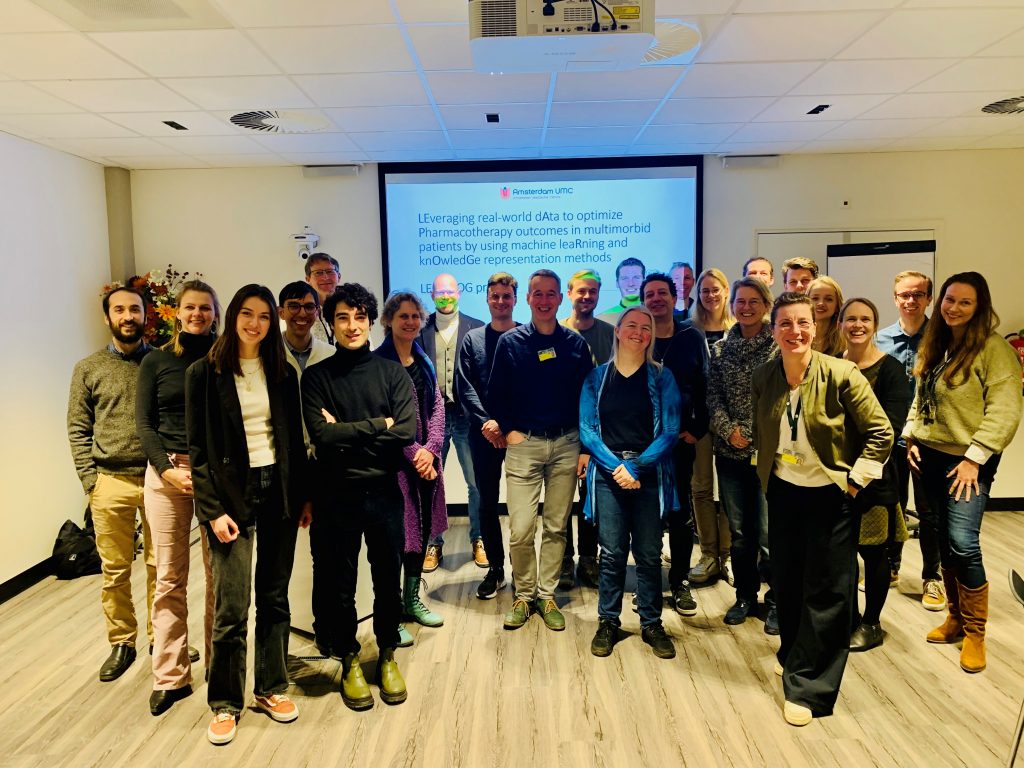
29-11-2023
The first Guidance-Ethics Session took place! This was organized together with The Platform for the Information Society (ECP) with the aim to identify ethical implications from the perspectives of various stakeholders regarding the reuse of routinely collected Electronic Health Record (EHR) data for research.
The session focused on among others identifying possible actors involved in reuse of EHR data for research:
- patients who may directly benefit from insights gained via EHR data analyses,
- healthcare providers who register data in EHR systems,
- researchers who want to reuse EHR data for research to close knowledge gaps,
- EHR vendors who make EHR systems
- privacy officers who make procedures about EHR data reuse
- gata stewards who help in EHR data extractions and pre-processing
- the government who issues laws that impact EHR data reuse.
Potential positive and negative effects of reusing EHR data for research on pharmacotherapy outcomes were discussed, the underlying core values of various actors: ‘quality of life,’ ‘autonomy,’ ‘trust,’ ‘privacy,’ ‘quality of care,’ and ‘solidarity’ and options for action. What to read more? Download the full report (in Dutch) of the session under publications.
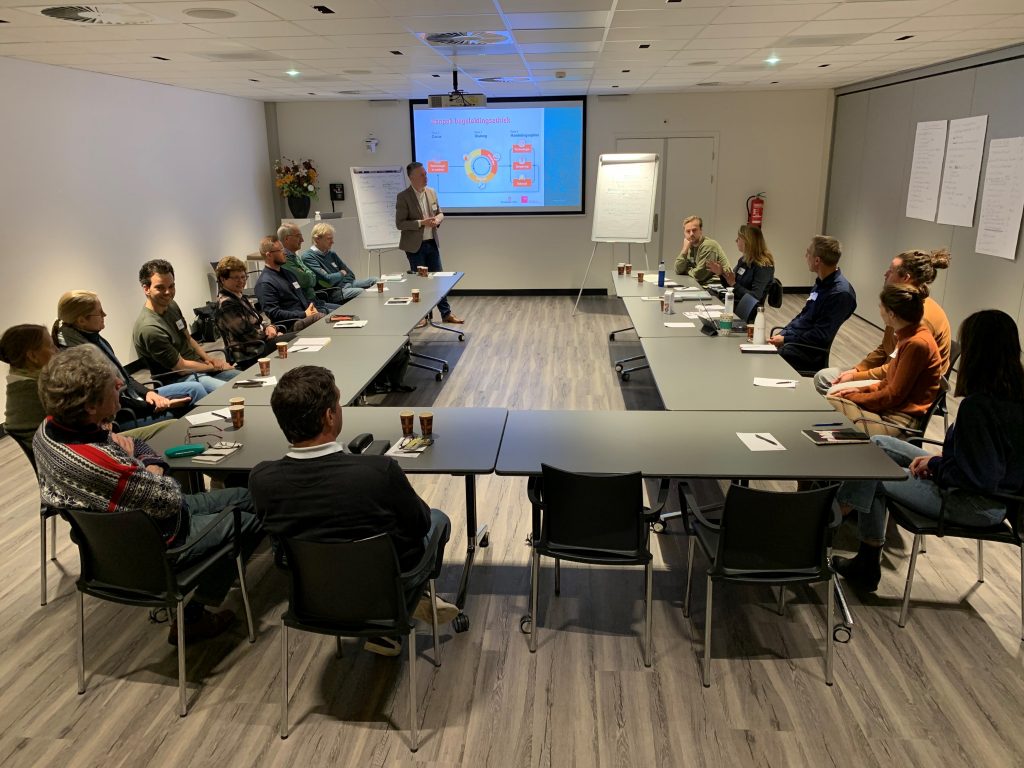
15-11-2023
Meet our partner Castor in this short interview!
Castor drives faster, smarter medical research. We strive to improve the clinical trial experience for patients, sites and sponsors, using technology to accelerate every step of the clinical trial journey.
Why does Castor contribute to LEAPfROG?
Over the last few years we have played an active role in the adoption of the FAIR Data Principles in our platform by implementing a FAIR Data Point and have created user-friendly technology for the semantic modeling of research data sets. In addition, we have also played an active role in driving the adoption of FHIR for research purposes. For this reason, we are excited to contribute to this NWO Key Technologies funded project.
What is the role of Castor in LEAPfROG?
We believe that the LEAPfROG project can greatly benefit from our software and knowledge, and that we can learn from the project to improve our product suite and ultimately deliver better software to our customers.
30-06-2023
During the 2nd user committee meeting, the first steps of LEAPfROG were presented and discussed. This steps included assessment of data quality, creating a list of kidney problems due to drugs, knowledge graphs (soon more about this topic), and information needs of physicians. Jurjen van der Schans gave a presentation on PITTS. PITTS is a partner of the LEAPfROG project and offers a web application for living systematic reviews en meta-analysis. The system supports researchers in undertaking the reviews. You can find more information on the website: Living systematic review software | Pitts. In total, 31 participants were present during the user committee meeting. It was very interesting and inspiring and we will use the insights to create the learning medication safety system of LEAPfROG.
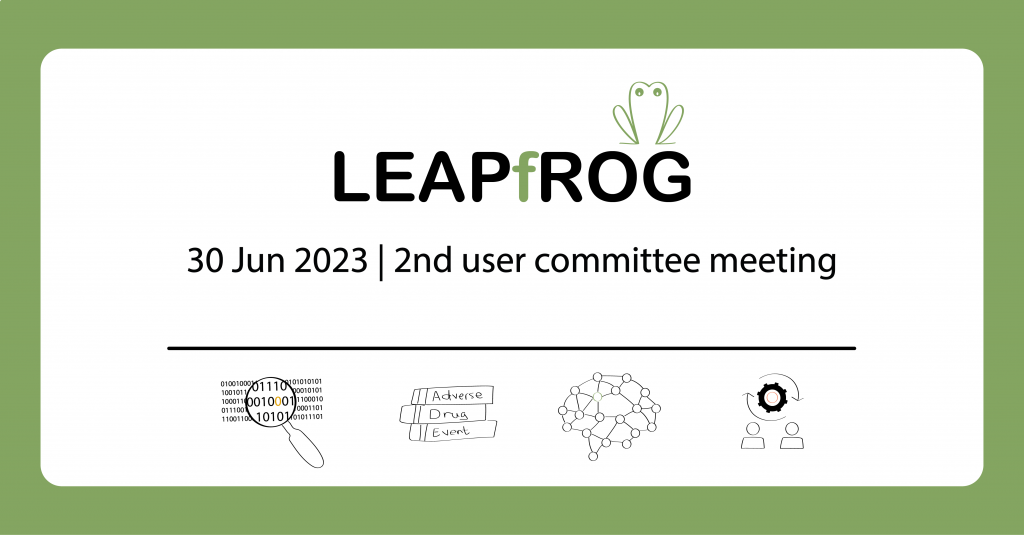
23-03-2023
Joris, Daniel en Romy started their PhD trajectory! They will contribute to LEAPfROG work packages 1, 2, 3 and 4. Today, they presented their PhD plans during the yearly PhD day of the department medical informatics of Amsterdam UMC.
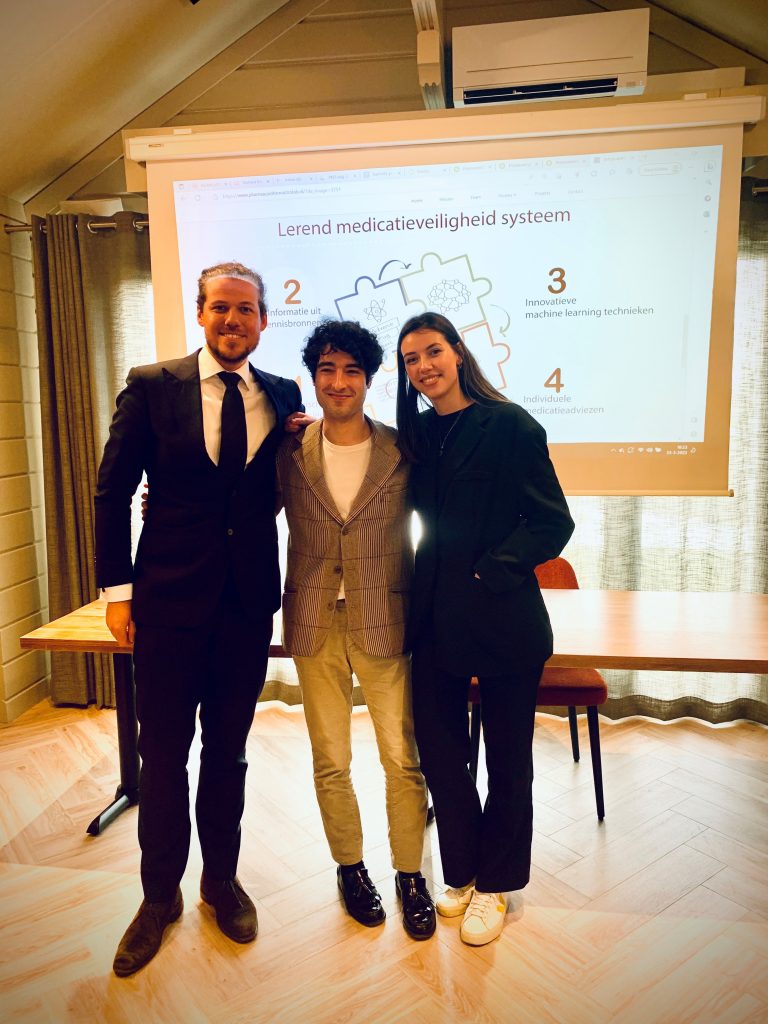
12-01-2023
The LEAPfROG kick-off meeting was very informative. Many different professionals were present, including: doctors, patients, pharmacists, companies, regulatory institutions and researchers. We will include the advice in our plans to increase the possibilities for success of LEAPfROG in creating a real and sustainable impact.
01-11-2022
Our research project LEAPfROG officially started!
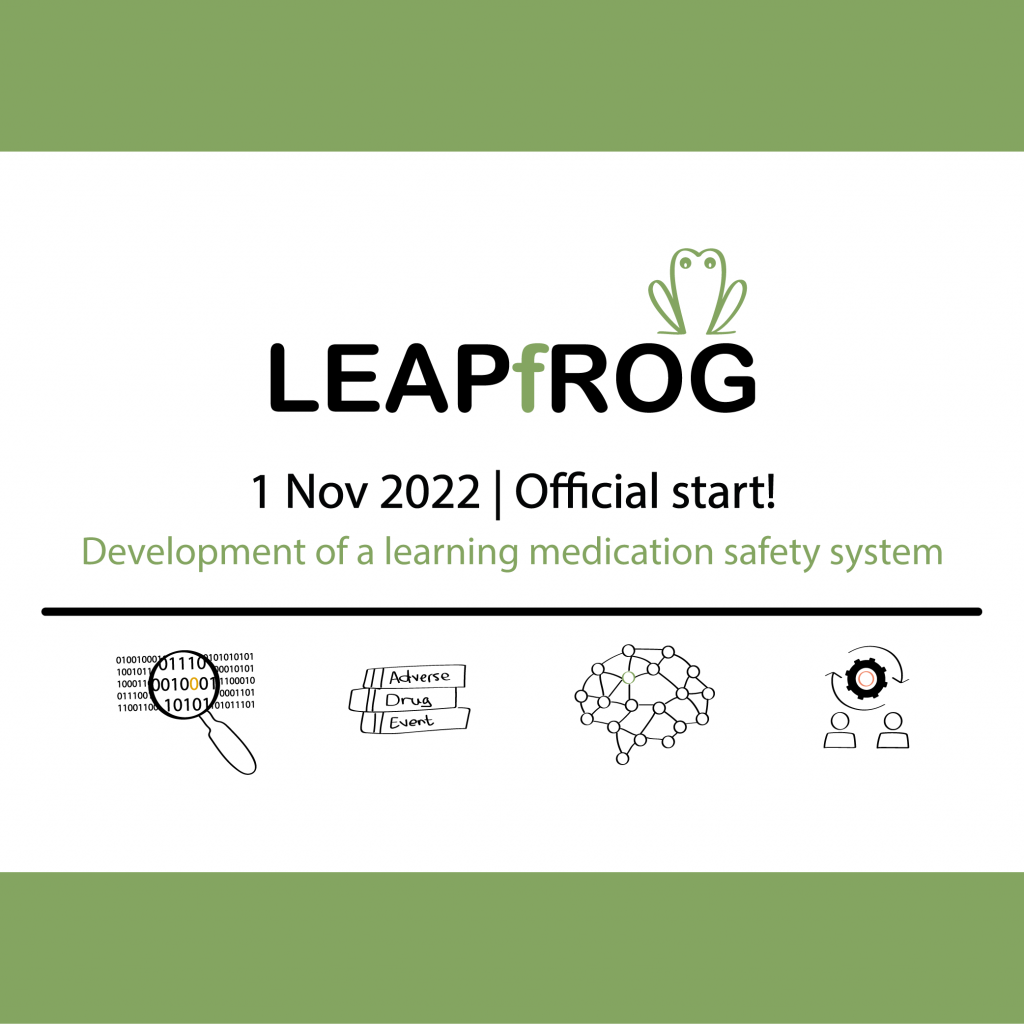
Publications
Scientific article: An Integrated Approach for Representing Knowledge on the Potential of Drugs to Cause Acute Kidney Injury | Drug Safety (springer.com)
Poster: Daniel Fernandez-Llaneza (PhD student WP3) presented his research at the Annual conference of International Society of Pharmacoepidemiology 2024 in Berlin
About LEAPfROG

LEAPfROG is a scientific research project and is leveraging real-world data to optimise pharmacotherapy outcomes in multimorbid patients by using machine learning and big data. LEAPfROG is a private-public cooperation between Amsterdam UMC, Vrije Universiteit, Open Universiteit and eight private partners. LEAPfROG is financed by NWO for 70%. The private parties are co-funding the project for 30%.
Contact
More LEAPfROG
